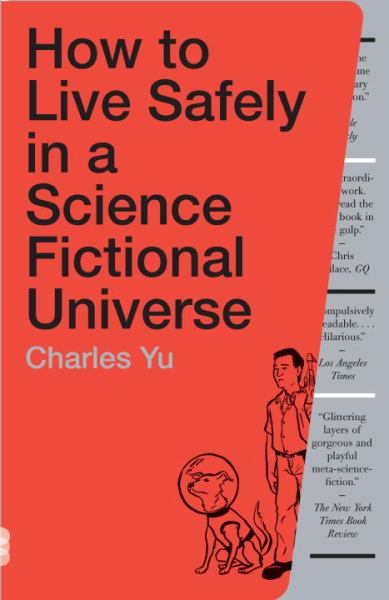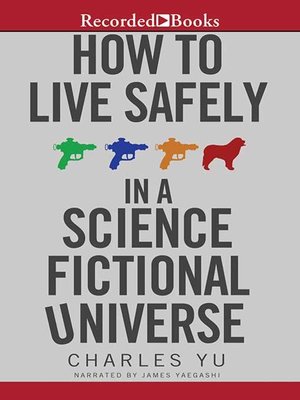

So I wouldn’t associate this contemporary story or therapy with modern psychiatry. The former almost never engage in therapy (esp psychoanalysis).

Fables are moralizing, sure, but usually not quite so facile.Īs the son of a psychiatrist and partner of a therapist (and lawyer myself:), I think I’m qualified to opine that there is generally a substantial difference between psychiatry/psychiatrists as we know it/them today and therapy/therapists. I particularly disliked the ending, which left a bad taste in my mouth. However, the piece essentially did become what I feared: a fable about this man’s life, forgetting at times that the man was resistant, and then throwing it back in there. The man could see that his therapist was not amused. He lived out the rest of his days and eventually died. The man was smart enough to realize this, yet not quite smart enough to do anything about it. One day, the man woke up and realized that this was pretty much it for him. The man lived in a one-bedroom efficiency cottage all by himself, in a sort of dicey part of town. Once upond a time, there was a man whose therapist thought it would be a good idea for the man to work through some stuff by telling a story about that stuff. I found the first little section, where promising because it suggested the whole piece was not going to be the fable itself (as much as I like them, fairy tales and fables about modern life are getting a bit tiresome) but rather an exploration of the man’s therapy itself.

I’m afraid I did not care for this one on the whole, though I kept wanting to and ultimately felt it had some good moments and bad moments, the good not entirely cancelling out the bad.


 0 kommentar(er)
0 kommentar(er)
